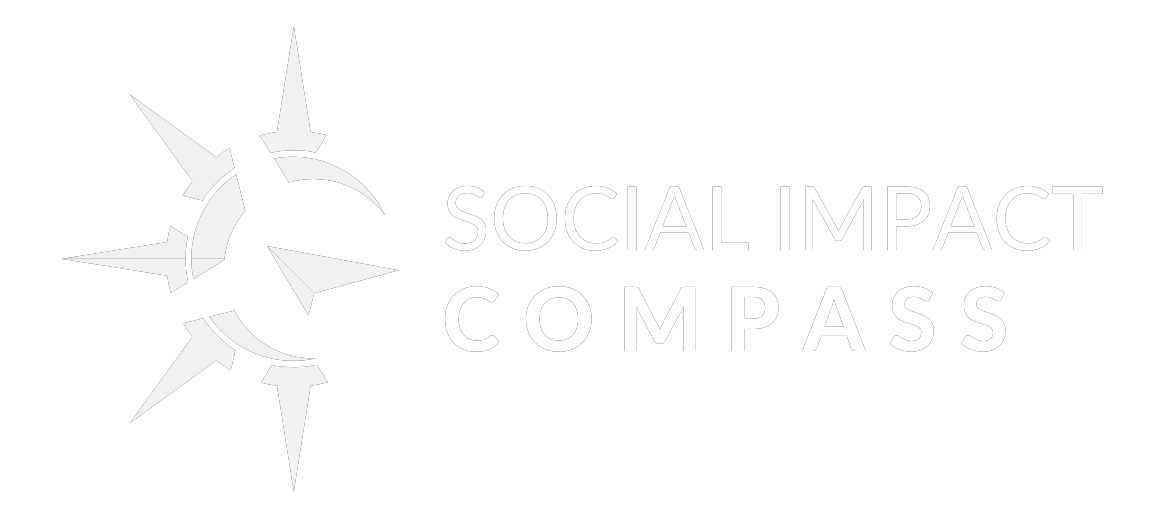It’s common for proposals to get declined, since each funder receives more proposals than they can approve. What to do when you get declined? Ask for feedback! Then use that feedback to improve your proposal for next time. Use this FREE done-for-you email to ask funders for feedback. (It’s the email I use and it has worked magic.)
We respect your privacy.
The Power of Feedback
Professional grant writers know that feedback is extremely valuable. By getting feedback from donors, you can identify gaps in your proposal (or even in your overall grantseeking strategy), strengthen weak points, and significantly improve your chances of success in future submissions.
Getting detailed feedback helps you understand:
Specific areas where your proposal fell short
Any (mis)alignment with funder priorities
Any concerns about the technical aspects of your project
Any issues with your budget
Any things in your proposal that were unclear
The above email template is designed to help you obtain valuable insights from funders. This professional approach demonstrates your commitment to improvement and maintains positive relationships with funding organizations.
And if you don’t hear a response, feel free to follow up again. They may have just been swamped that day! And if you still don’t get a response, let it go. Hopefully you can get feedback in response to 25% of your requests.
Beyond the Initial Response
After receiving feedback, create an action plan:
Thank the people who gave you feedback
Document all feedback received
Prioritize changes based on reviewer comments
Research successful proposals in your field
Consider seeking professional review before resubmission
Remember that many successful grant recipients face initial rejection. Each revision cycle strengthens your grant-writing skills and increases your understanding of funder preferences.
By implementing a systematic approach to proposal improvement:
You build stronger relationships with funders
Your writing becomes more precise and persuasive
You develop a better understanding of funder priorities
Your success rate improves over time
Now go for it!


